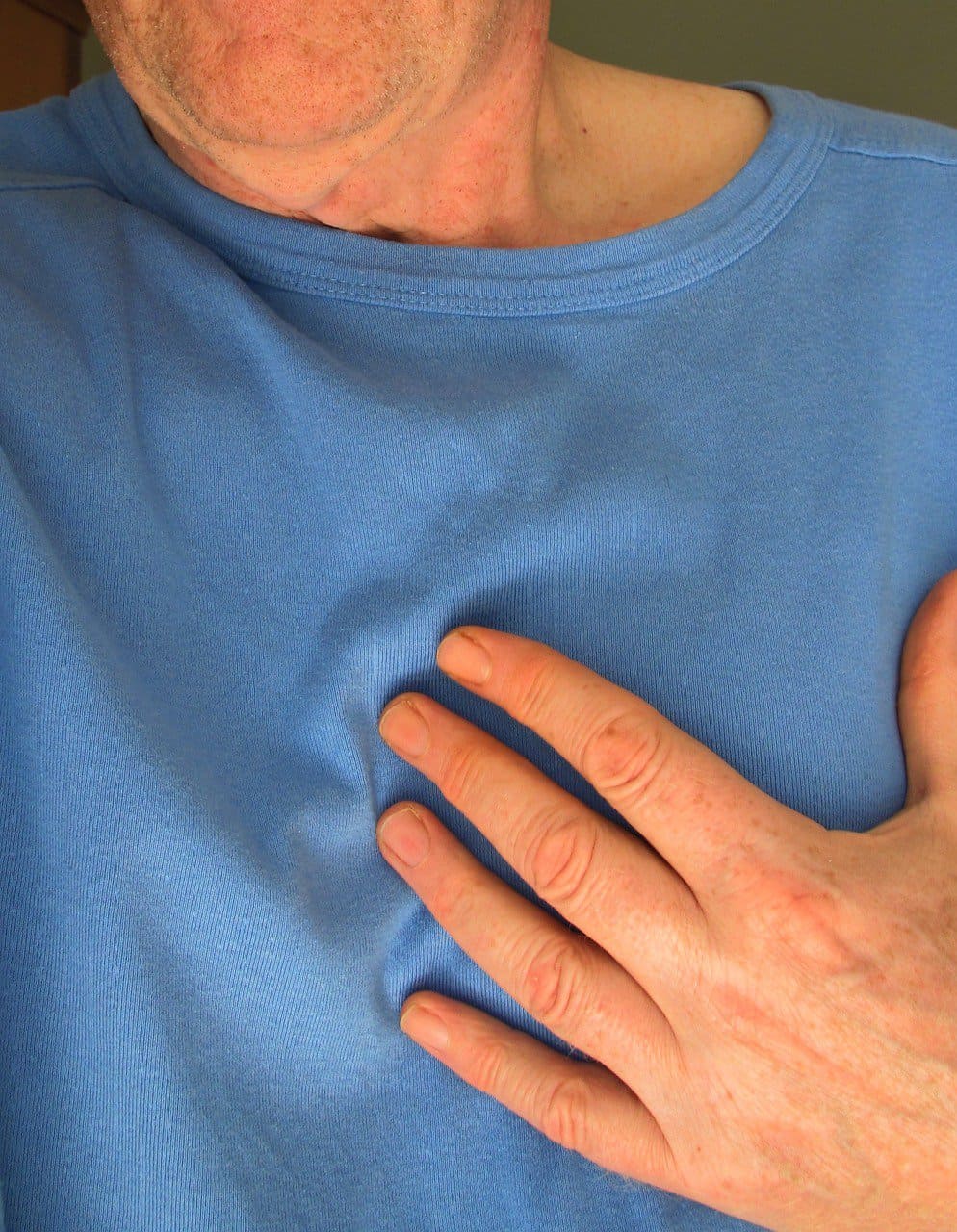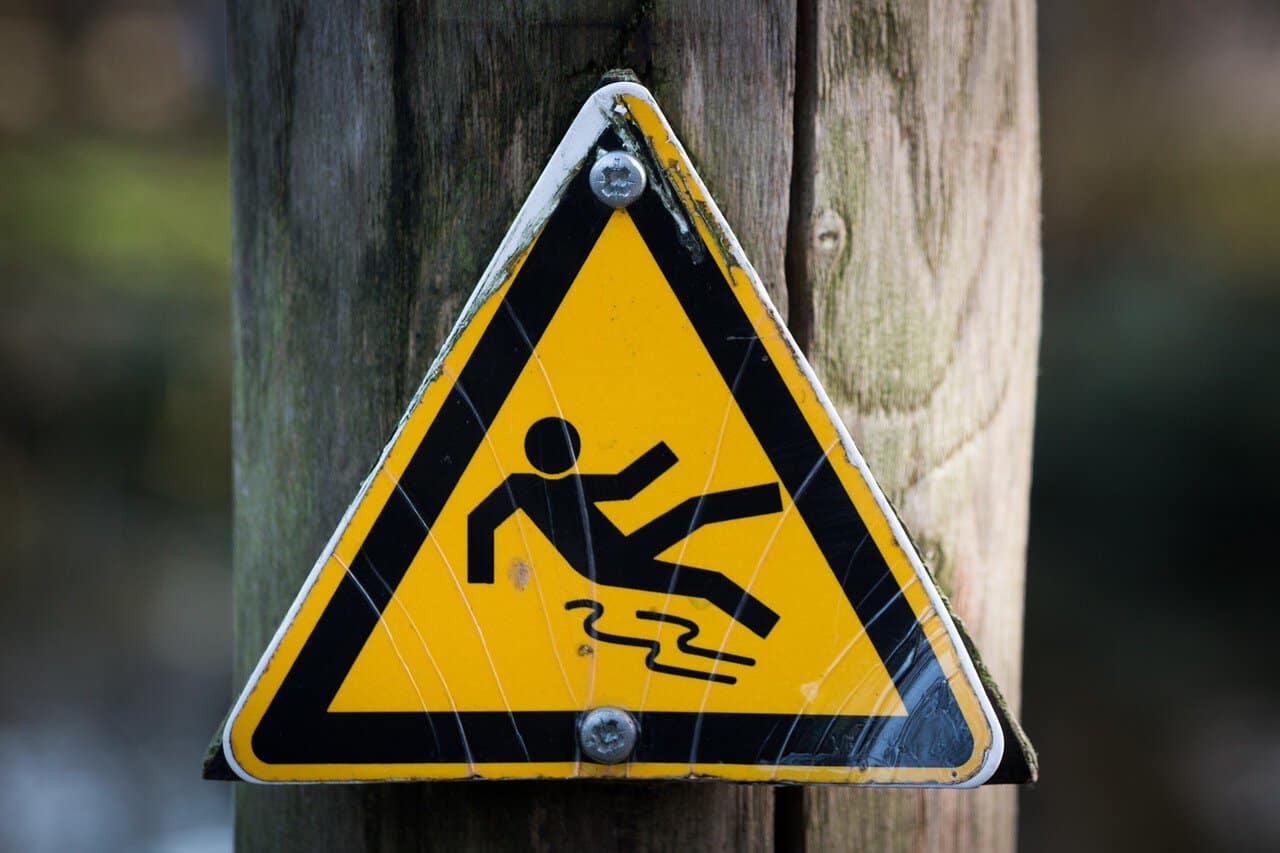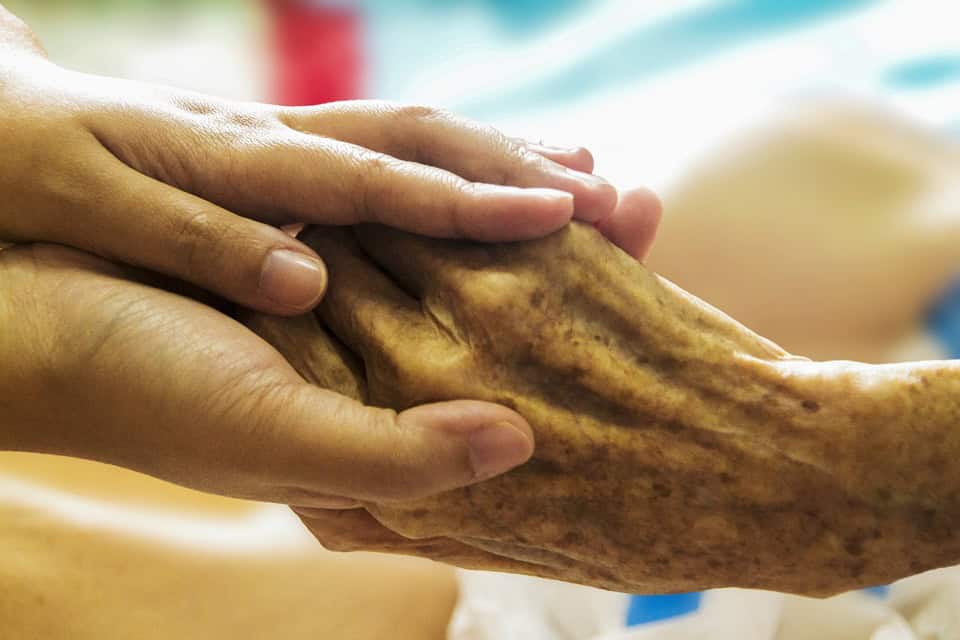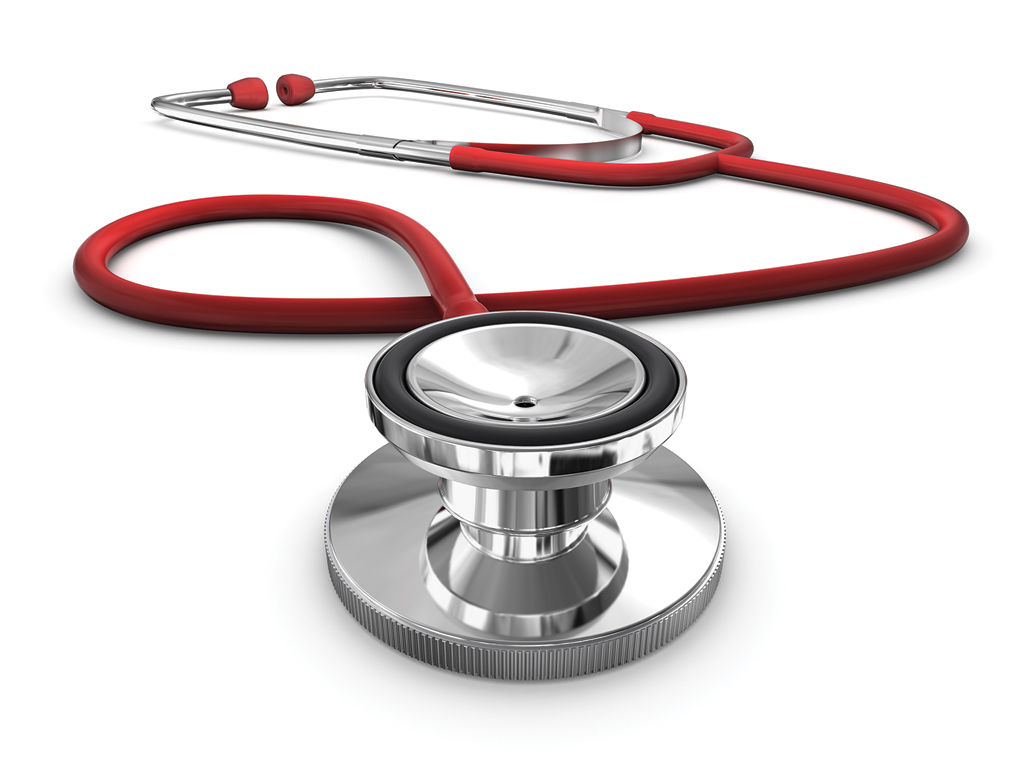Tag: Penn Medicine Princeton Health
-
Calculating Your Risk for Heart Disease
By Charles Defendorf, DO Heart disease has been defined as the number one cause of mortality in the United States by the Centers for Disease Control and Prevention (CDC). The CDC also notes that heart disease mortality rates are on the decline; likely thanks to improvements in medical care and reductions in risk factors. Working…
-
Safety and Coping Skills for Teens
By Lauren de Mars, LPC Adolescence can be a tumultuous time complicated by hormonal changes, academic pressures, social challenges, and the quest for self-identity. These factors, combined with the pervasive influence of digital technology and socialmedia, have the potential to lead to anxiety, depression and other mental health issues,such as eating disorders and substance abuse.…
-
Physical Therapy is a Win for Golfers, Tennis Players
Barbara Kutch, PT Putts and drives, backhands and serves. Sports like golf and tennis demand precision and power from your body. However, they can also take a toll and leave you with nagging injuries that can hinder your performance. Fortunately, physical therapy can help you get back into the swing of things. Penn Medicine Princeton…
-
Simple Steps Can Prevent Falls — And Hip Fractures
By Mark Pressman, MD Balance issues and weak bones, both of which become more common as you age, increase your risk for falls and fractures — especially hip fractures. In fact, according to the Centers for Disease Control and Prevention (CDC), 300,000 Americans aged 65 and older are hospitalized each year for falls that result…
-
Bell’s Palsy: The Most Common Cause of Facial Paralysis
By Alisa Yamasaki, MD Bell’s palsy is a facial nerve disorder that causes paralysis or weakness on one side of the face. It is the most common cause of facial paralysis and occurs when the facial nerve — which controls the muscles of your face — becomes injured or stops working properly. At Penn Medicine…
-
Sleep Apnea Can Affect You Night and Day
By Navatha Kurugundla, MD When obstructive sleep apnea prevents you from getting a good night’s rest, it can wreak havoc on your day. And over time, if left untreated, it can lead to serious health consequences. If you snore loudly while you sleep and wake up groggy in the morning, you should talk with your…
-
Compassionate Care to Help Improve Quality of Life
By Ramy Sedhom, MD This article was originally released in December 2022. In light of the recent news about former President Jimmy Carter choosing hospice care — which focuses on the care, comfort, and quality of life of a person with a serious illness who is approaching the end of life — Penn Medicine Princeton…
-
Health Matters: Pelvic Organ Prolapse a Common and Treatable Condition
By Rui Wang, MD Though it can be a sensitive issue to talk about, pelvic organ prolapse is a common condition that affects millions of women throughout the United States, especially as they get older. Fortunately, once it is diagnosed, there are a variety of treatment options for pelvic organ prolapse that relieve symptoms and…
-
Health Matters: Help Your Baby Sleep Safely
By Bernadette Flynn-Kelton, BSN, RNC With a baby in the house, you cannot help but think about sleep, whether you are focused on getting your baby down for a nap or longing for a time when your baby — and the rest of the household — sleeps through the night. As important as sleep is,…








